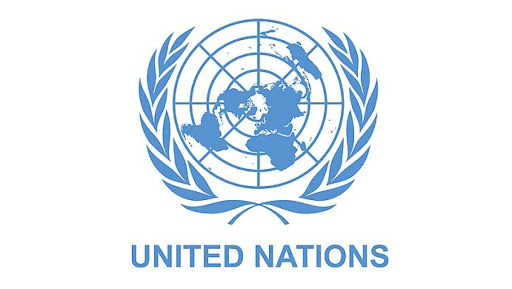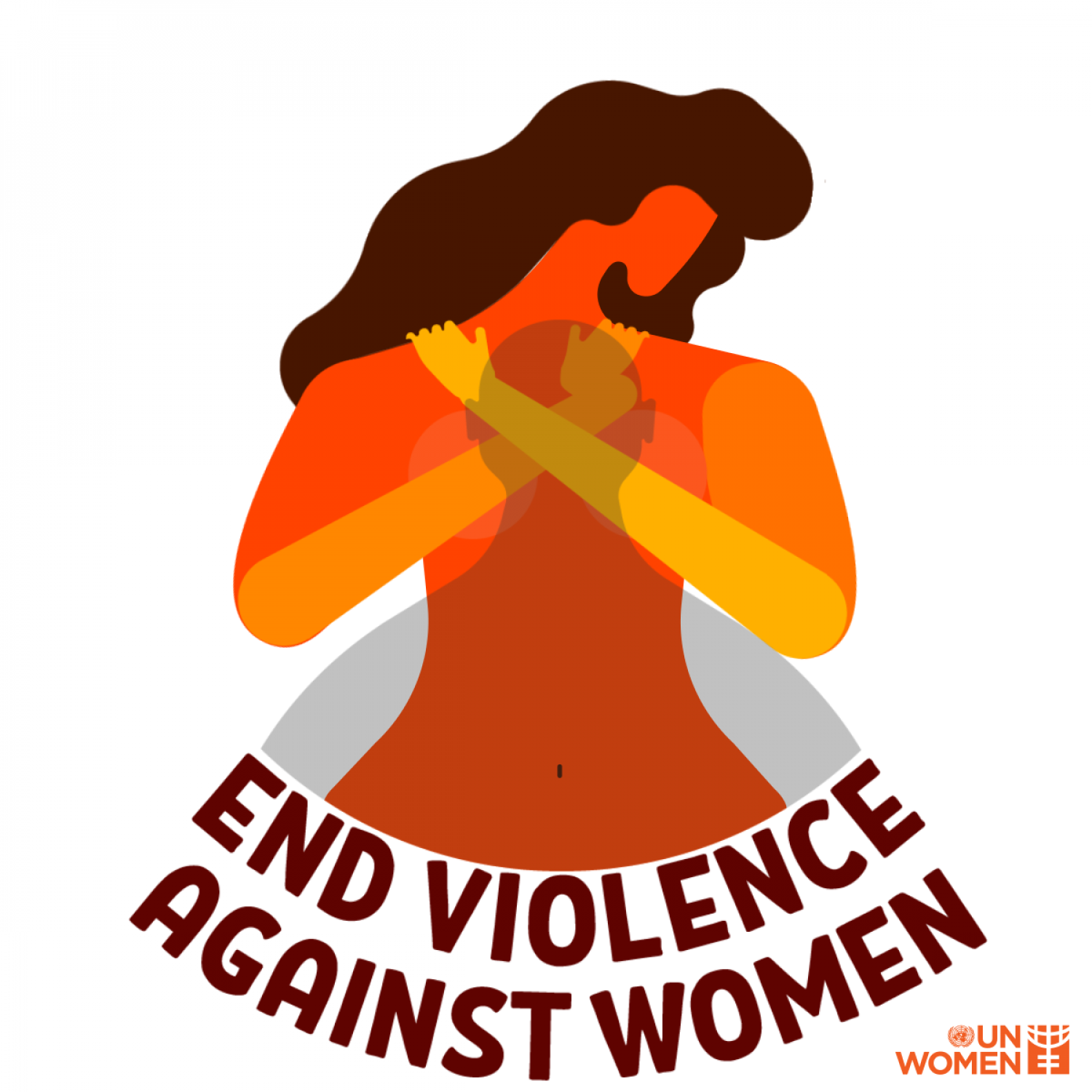North Korea officially confirmed on Monday that it has deployed troops to Russia to aid Moscow's efforts in reclaiming the Kursk region, marking Pyongyang’s first direct involvement in a major international conflict since the Korean War.
According to a statement from North Korea’s Central Military Commission, published by state media, the deployment stems from a mutual defence treaty signed between North Korean leader Kim Jong Un and Russian President Vladimir Putin in June 2024.
Kim described the mission as an effort to "annihilate and wipe out the Ukrainian neo-Nazi occupiers and liberate the Kursk area in cooperation with the Russian armed forces," according to the Associated Press. He praised the soldiers as "heroes and representatives of the honour of the motherland," and announced plans to erect a monument in Pyongyang to honour those killed.
While Pyongyang did not disclose the number of troops deployed or casualties suffered, South Korean intelligence previously estimated that North Korea sent between 10,000 and 12,000 troops last year, with around 4,000 reported killed or wounded. An additional 3,000 North Korean troops were assessed to have been deployed earlier this year.
Although Ukrainian forces continue to report their presence in parts of Kursk, Russian Chief of Staff Valery Gerasimov informed President Putin on Saturday that Russian forces, with North Korean support, had fully retaken the region. Gerasimov lauded the North Korean soldiers for their "high professionalism, fortitude, courage, and heroism in battle."
Ukraine’s general staff, however, rejected these claims, insisting that defensive operations are still ongoing. Ukrainian President Volodymyr Zelenskyy reiterated on Sunday that Ukrainian troops were "maintaining our presence on Russian territory," according to AFP.
Experts believe North Korea's public admission was coordinated with Moscow. Yang Moo-jin, president of the University of North Korean Studies in Seoul, told AFP that Pyongyang likely concluded that the rewards from Russian support outweighed potential diplomatic fallout.
Meanwhile, diplomatic efforts to end the conflict are intensifying. U.S. President Donald Trump and President Zelenskyy discussed a possible ceasefire during a meeting in Vatican City over the weekend. Although Trump had previously expressed optimism about brokering peace, he later voiced doubts about Putin's willingness to end the war.
North Korea’s deepening military ties with Russia have raised alarms in Washington and Seoul, amid fears that Moscow may provide Pyongyang with advanced military technology, strengthening its nuclear weapons program. Western and South Korean intelligence agencies have also warned of extensive arms shipments from North Korea to Russia.




